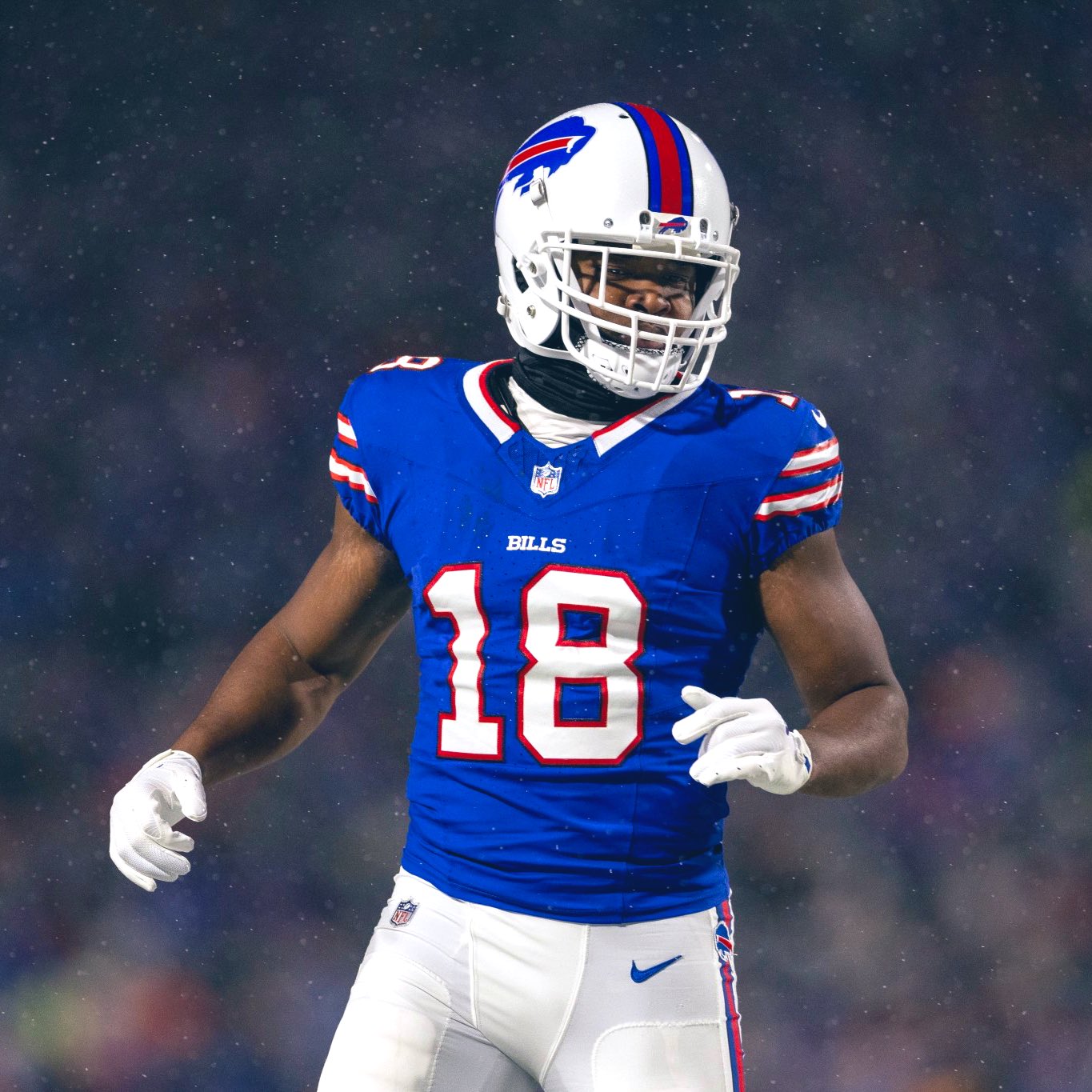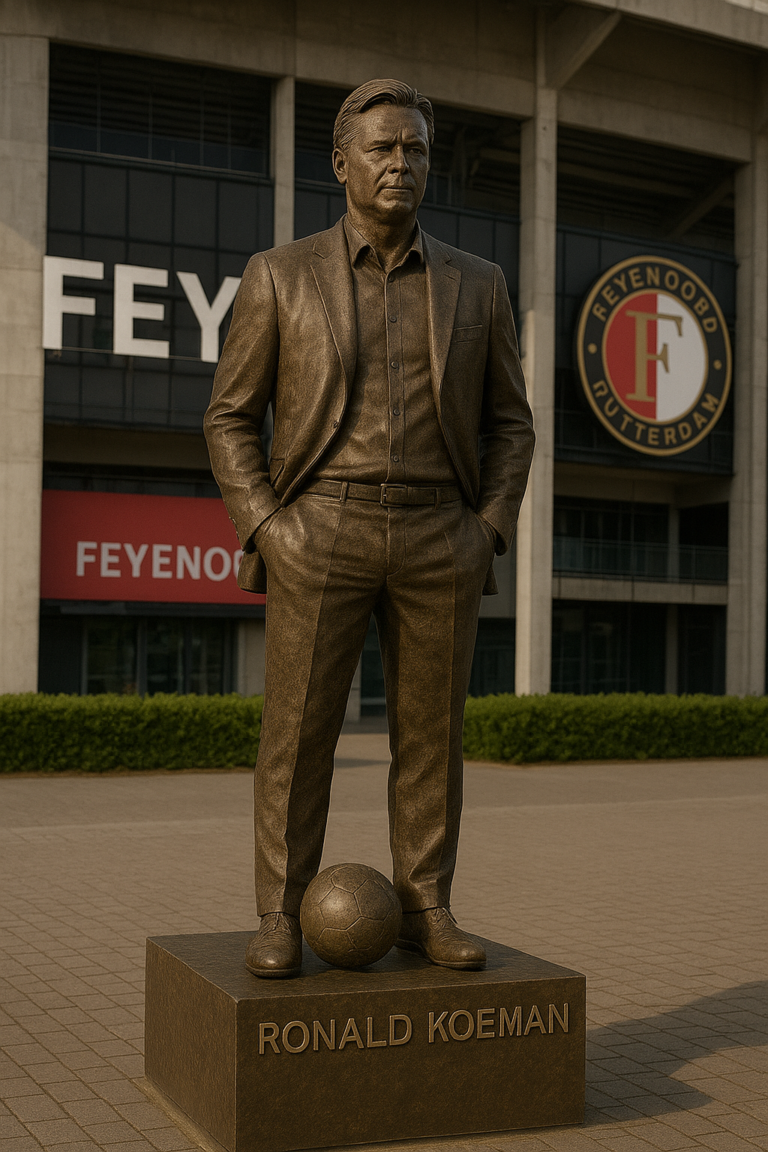
After nine productive seasons in the National Football League, veteran wide receiver Amari Cooper has officially announced his retirement from professional football. The 30-year-old former Alabama standout leaves the game as one of the most consistent and technically gifted receivers of his generation, having played for the Oakland Raiders, Dallas Cowboys, Cleveland Browns, and Buffalo Bills during his impressive career.
Cooper confirmed the news in a heartfelt statement released through his agent and shared on his personal social media pages. “After much thought and prayer, I’ve decided to step away from the game of football,” Cooper wrote. “This game has given me everything I ever dreamed of — a platform, lifelong friendships, and the opportunity to inspire others. I’m forever grateful to every teammate, coach, and fan who has been a part of this journey.”
Cooper entered the NFL in 2015 as the fourth overall pick by the then-Oakland Raiders, following a decorated college career at the University of Alabama where he won the Biletnikoff Award and helped the Crimson Tide compete for national titles. Instantly impactful, Cooper became the first Raiders receiver since Randy Moss to record 1,000 receiving yards in back-to-back seasons, earning Pro Bowl selections in both his rookie and sophomore campaigns.
Despite his individual success in Oakland, Cooper was traded midway through the 2018 season to the Dallas Cowboys, a move that reinvigorated his career and elevated the Cowboys’ passing attack. In Dallas, Cooper quickly became quarterback Dak Prescott’s favorite target, helping guide the team to multiple playoff appearances and providing veteran leadership to a young receiving corps. His precise route-running, deceptive quickness, and calm demeanor made him a reliable asset in high-pressure situations.
Over the next three seasons, Cooper continued to put up solid numbers, including a career-high 1,189 receiving yards in 2019. However, in 2022, the Cowboys traded him to the Cleveland Browns in a cost-cutting move. In Cleveland, Cooper found success once again, becoming a stabilizing presence for the Browns’ offense through quarterback uncertainty and roster turnover. He recorded two 1,000-yard seasons with the Browns, proving his longevity and professionalism even as younger receivers began to emerge across the league.
This past season, Cooper played his final year with the Buffalo Bills, signing a short-term deal in hopes of chasing a Super Bowl ring. While he had moments of brilliance, injuries limited his availability late in the year, and the Bills ultimately fell short in the playoffs. After the season ended, rumors began to swirl about Cooper contemplating retirement, especially as he became increasingly reflective in interviews and less committed to off-season preparations.
In total, Cooper finishes his NFL career with 9,862 receiving yards, 684 receptions, and 63 touchdowns across 144 regular-season games. He was selected to four Pro Bowls and is widely regarded as one of the most polished route-runners of his era. Known for his understated personality and low-key presence off the field, Cooper was never one to seek the spotlight, yet his work ethic and performance consistently spoke volumes.
Beyond the statistics, Cooper’s legacy lies in his cerebral approach to the game. Teammates and coaches often described him as a “technician” — someone who studied defenders, perfected his timing, and mastered every nuance of the wide receiver position. Younger players frequently sought his advice, and many credited him with helping them grow into better professionals.
Former Raiders quarterback Derek Carr, who played with Cooper during his early seasons, reacted to the retirement announcement with a message of gratitude: “One of the smartest, smoothest receivers I’ve ever played with. You made the game easier for everyone around you. Respect, brother.”
NFL legends and analysts also praised Cooper’s career. Hall of Famer Cris Carter described him as “a pure receiver in every sense — unselfish, reliable, and lethal when it counted.” ESPN’s Mina Kimes noted that Cooper “never made the headlines for drama or controversy, just quietly put together a Hall of Very Good career.”
As for what’s next, Cooper has yet to announce his post-football plans. Sources close to the receiver suggest he’s interested in pursuing business ventures and potentially returning to college to complete an advanced degree. Long admired for his intelligence and quiet discipline, Cooper has also been involved in real estate and community outreach programs in both Miami and Dallas, and is expected to remain active in charitable work.
Though he may not have the flamboyance of some of his contemporaries or the championship hardware to show for his efforts, Amari Cooper retires as a model of consistency, professionalism, and grace. His career serves as a reminder that greatness in the NFL isn’t always about flash — sometimes it’s about precision, preparation, and being there when it matters most.






